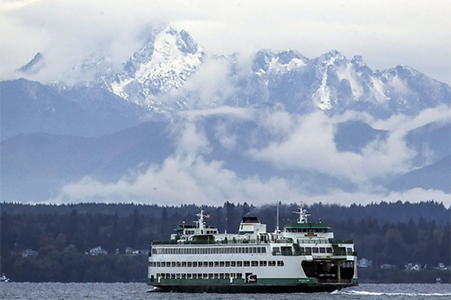From San Juan County
Are you prepared for a major Oil Spill in the San Juans? How will it impact you? Will you be involved in the clean-up? Who is in charge and what happens behind the scenes?
These questions and others will be addressed at an upcoming workshop on Community Engagement in Oil Spill Response and Readiness in Friday Harbor on Saturday, September 28th, 2013.
Come hear from US Coast Guard Captain Scott Ferguson about the decisions he has to make and what he considers when there is an oil spill. Meet representatives from the Department of Ecology, Department of Fish and Wildlife, Tribes, and Local Emergency Management, who are actively involved in clean-up and response efforts, and hear about their response roles in the event of a major oil spill. Learn about the challenges spill responders would face in dealing with a spill in the San Juans and how you can help before, during, and after a spill.
Also, come learn about upcoming opportunities for volunteer training and involvement including conducting sea bird surveys and collecting sediment samples before an oil spill to help develop a baseline of our local ecological resources; learning how to recover oiled wildlife; and hazardous materials training necessary to be ready to help out on the beach. Please join us:
Saturday, September 28th, 2013
9:00 AM-3:30 PM
Friday Harbor Labs Lecture Hall
RSVP to marineresources@sanjuanco.com or 360-370-7592
This event is sponsored by the Northwest Straits Foundation, the San Juan County Marine Resources Committee, the Washington State Department of Fish and Wildlife, and the Washington State Department of Natural Resources.
**If you are reading theOrcasonian for free, thank your fellow islanders. If you would like to support theOrcasonian CLICK HERE to set your modestly-priced, voluntary subscription. Otherwise, no worries; we’re happy to share with you.**








A major oil spill is the single greatest threat to the environment, economy, and public health of the San Juan Islands. As bad as proposed coal exports are, the tankers that today ply these treasured waters are a much greater risk. Unless the oil terminal at March Point is closed for good, the risk of this irreversible damage increases with every load of oil brought in our out.